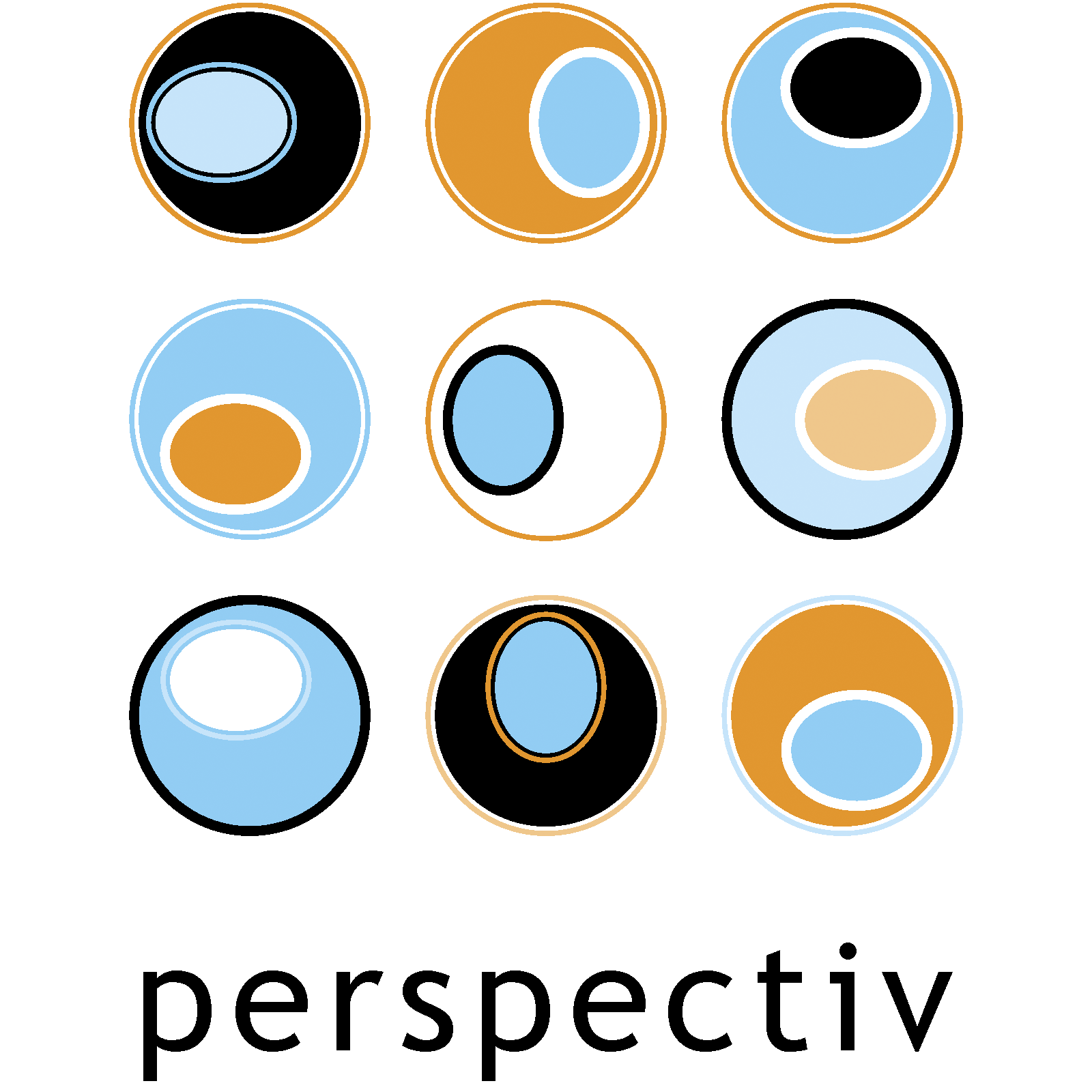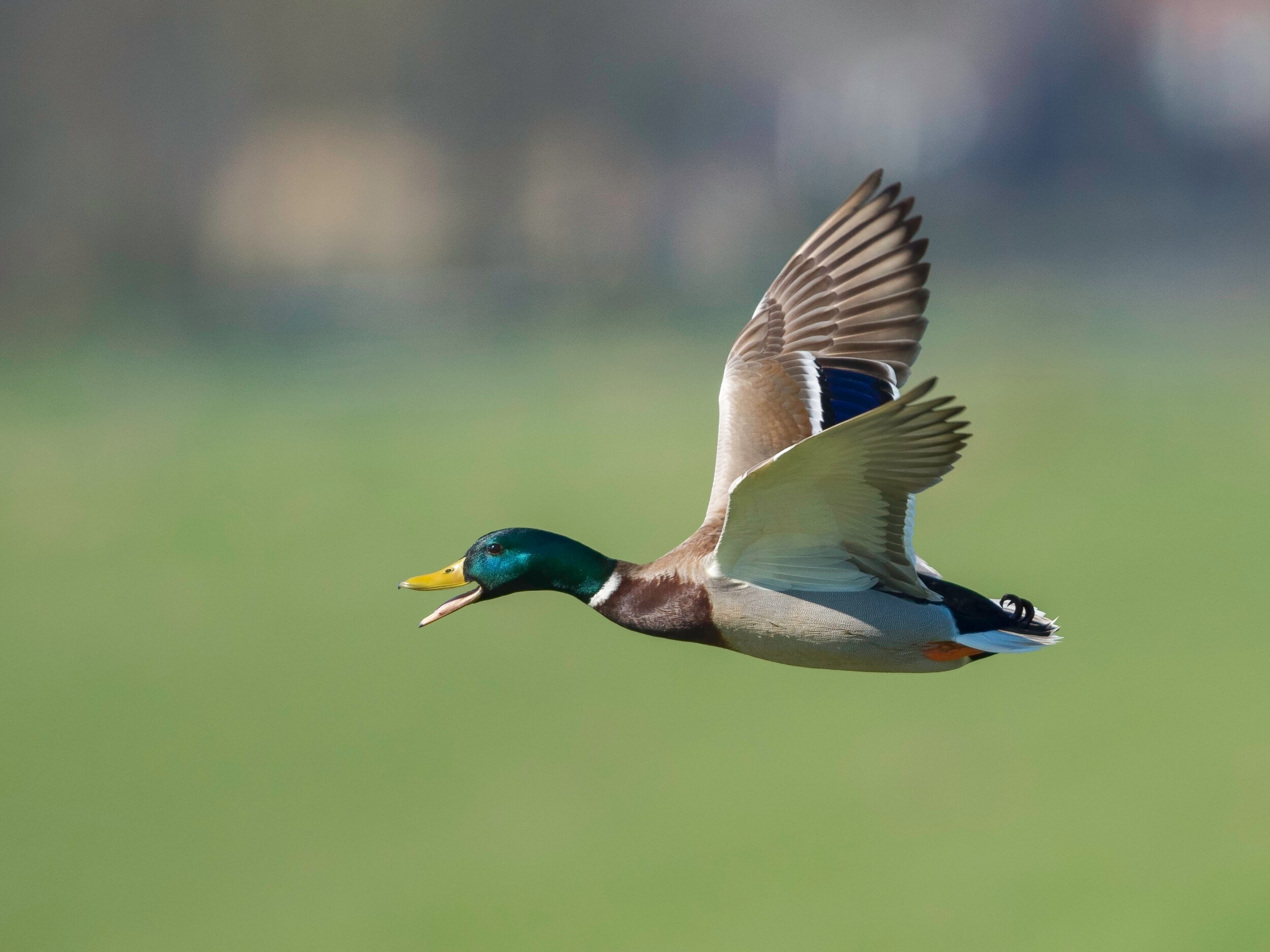Taming wild ducks
The Danish philosopher Soren Kierkegaard wrote a story about a wild duck (actually a goose in the original version). It has a moral we see as being pertinent to individuals, teams and organisations:
Beware of becoming satisfied with the status quo or worse still, with lower standards.
Here’s the story …
‘A wild duck was flying northward with his mates across Europe one spring. En route, he landed in a barnyard in Denmark, where he quickly made friends with the resident tame ducks. The wild duck, enjoying corn and fresh water, decided to stay for an hour, then for a day, then for a week, and finally, for a month.
At the end of that time, he contemplated joining his friends in the vast North land, but he had begun to enjoy the safety of the barnyard, and the company of tame ducks. So, he stayed for the summer.
One autumn day, when his wild mates were returning overhead, he heard their quacking. It stirred him with delight, and he enthusiastically flapped his wings and rose into the air to join them. Much to his dismay, he could rise no higher than the eaves of the barn. As he waddled back to the safety of the barnyard, he muttered to himself, ‘I’m satisfied here, I have plenty of food, and the area is good. Why should I leave?’ So, he spent the winter on the farm.
Next spring, when the wild ducks flew overhead again, he felt a strange stirring in his breast, but he did not even try to fly to meet them. When they returned in the fall, they again invited him to re-join them, but this time, the duck did not so much as notice them. He simply kept on eating the corn.’
On the surface, Kierkegaard’s point is that you can make wild ducks tame, but it’s far more difficult to make tame ducks wild again. The same can be said of innovators and we are convinced that all organisations need wild ducks and wild duckness – especially those in a fast-moving competitive marketplace.
So what?
Three of the most ‘wicked’ (i.e. convoluted, multi-faceted) challenges faced by business today are:
Balancing long-term goals with short-term demands
Predicting the returns on innovative concepts
Innovating at the increasing speed of change – organisational agility.
Do you think there may be a link between this idea of wild ducks / wild duckness and these three challenges?
As reported by an RSA study on the biggest hindrances to competitiveness in the UK, complacency and ignorance are top of the list.
Do you think there may be a link between this idea of wild ducks / wild duckness and complacency and ignorance?
Whether on an individual or corporate level, from the world of high performance, we know that:
Performance = Potential – Inhibitors
Do you think there may be a link between this concept of wild ducks / wild duckness and inhibitors?
Now what?
Ask yourself:
Are you a wild duck?
Do you still have wild duckness in you?
What do you, your team and your leaders do to nurture wild ducks and wild duckness?
Are you and your organisation guilty of trying to tame wild ducks?
Enlightened organisations promote dissent and diversity of opinion as sources of long-term resilience.
Does your organisation genuinely encourage high levels of challenge, debate, and risk taking?
Or do you merely pay lip service to this notion?
These are, after all, essential ingredients to a climate for innovation in the workplace.

